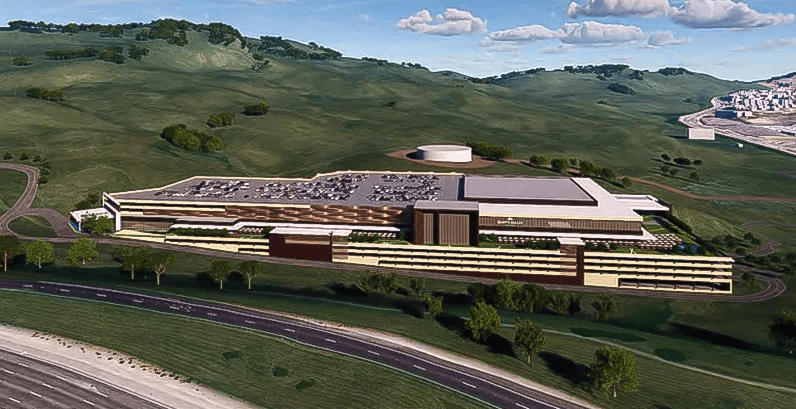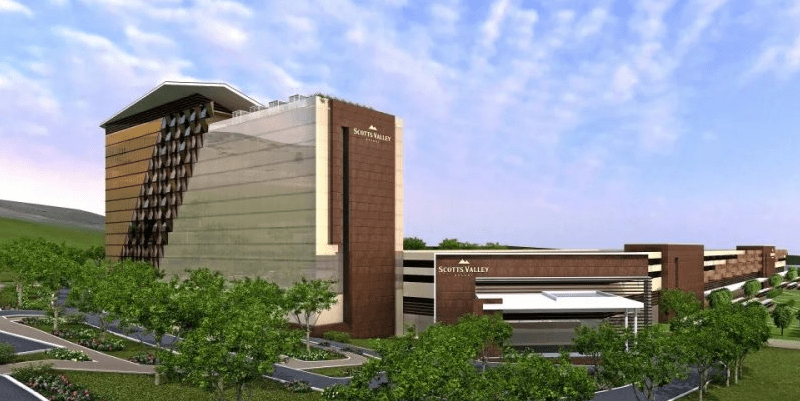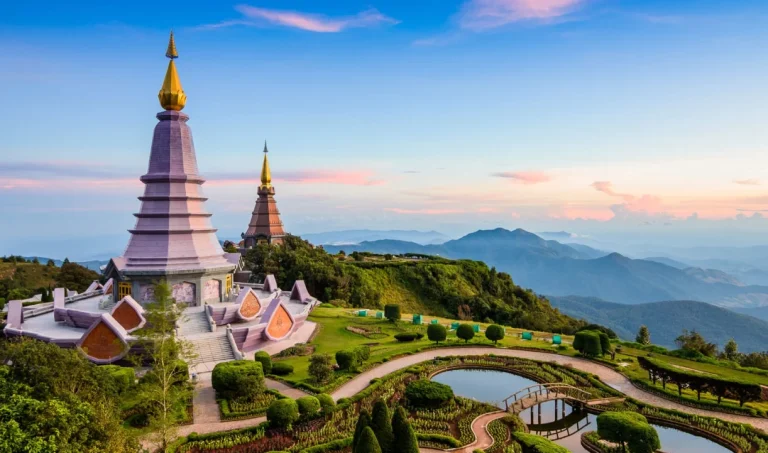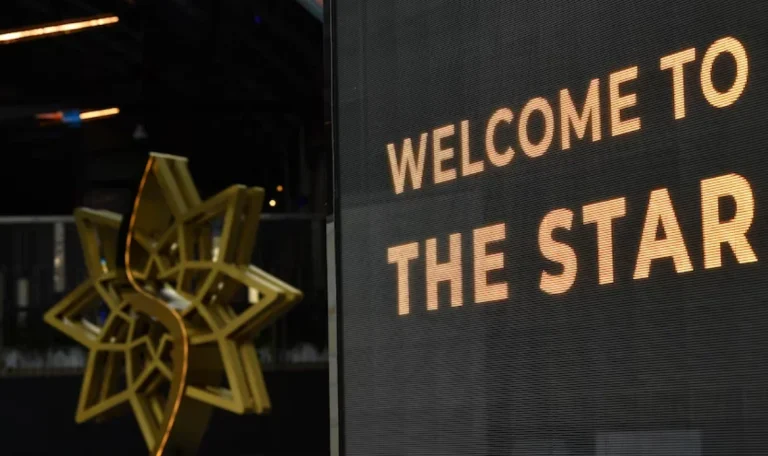Scotts Valley Tribe Gains Key Tribal Support in Casino Legal Battle
The Scotts Valley Band of Pomo Indians has secured the strong backing of the Coalition of Large Tribes (COLT) in its ongoing legal clash with the U.S. Department of the Interior (DOI). This support marks a pivotal development in the Tribe’s efforts to build a $700 million casino resort in Vallejo, California.
COLT filed an amicus curiae brief in the U.S. District Court for the District of Columbia, urging the court to issue a preliminary injunction halting the Department’s reconsideration of the Tribe’s gaming eligibility. The proposed development spans 160 acres near Interstate 80 and Highway 37 and includes a 400,000-square-foot resort casino.
Beyond gaming, the project envisions administrative offices, a multi-level parking structure, 24 single-family homes, and a 45-acre nature preserve. It is expected to operate around the clock, generate thousands of jobs, and inject hundreds of millions of dollars into the local economy.
Interior Department’s Policy Shift Sparks Controversy
The legal dispute stems from the Department’s March decision to revisit its earlier determination under the Indian Gaming Regulatory Act (IGRA), which had previously cleared the land for casino development in January 2025. In response, the Scotts Valley Tribe filed a request for a preliminary injunction, asserting that federal agencies must honor final decisions.
“This case is about more than one tribe — it’s about all tribal nations’ right to rely on the federal government’s final decisions,” stated Scotts Valley Chairman Shawn Davis, as reported by the Times-Herald Online.
COLT’s brief underscores that reversing finalized decisions without due process threatens tribal sovereignty nationwide. “One reversal can ripple across Indian Country,” it warns, emphasizing the need for legal consistency and federal accountability.
In an accompanying letter, Blackfeet Nation Chairman Marvin Weatherwax added, “COLT will always speak truth to power. Keeping politics out of this process serves the best interests of all tribes.”

Court Narrows Legal Challenge to One Tribe
In April, U.S. District Judge Trevor N. McFadden rejected intervention attempts by three neighboring tribes—Yocha Dehe Wintun Nation, Kletsel Dehe Wintun Nation, and United Auburn Indian Community—stating they lacked legal standing. As a result, the lawsuit remains solely between the Scotts Valley Tribe and the federal government.
Despite the Tribe’s momentum, Judge McFadden expressed doubts during a recent hearing, questioning whether a temporary pause on gaming eligibility truly constituted “irreparable harm.” Still, he acknowledged potential legal faults in the Department’s reversal, suggesting it might be deemed “arbitrary and capricious” under the Administrative Procedure Act if it ignored the Tribe’s reliance on the January decision. The Tribe claims it has already invested $1.8 million in project preparation since then.
Local Disputes Echo National Impact
Meanwhile, opposition continues from California Governor Gavin Newsom and local Patwin tribes, who challenge Scotts Valley’s historical ties to the Vallejo area. IGRA requires that gaming take place on ancestral lands, and Yocha Dehe and Kletsel Dehe argue that the property in question lies within traditional Patwin territory.
While regional tensions persist, COLT insists the issue is of national importance. “The Department’s reversal threatens the economic self-determination of every tribe in America,” Davis reaffirmed.









